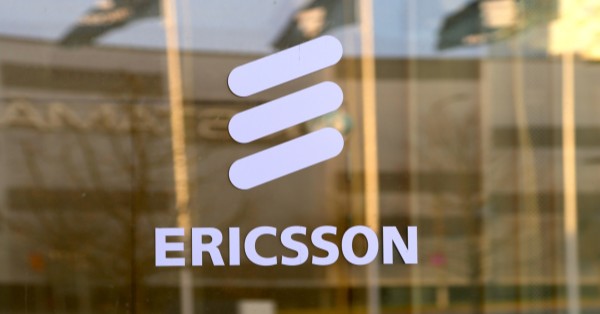Lynk Global, Inc. (Lynk), the premier satellite-to-standard-phone telecommunications firm, revealed that it has entered into its second commercial agreement with Telecel Group in Africa, aiming to cater to Vodafone Ghana’s customers. This fresh contract guarantees mobile coverage for Ghana’s entire 31 million population utilizing Lynk’s innovative “space-based cell towers.”
Charles Miller, Lynk’s CEO, commented, “This deal reinforces Lynk’s dominant position in the satellite-to-standard-phone sector in Africa and marks a significant milestone as enthusiasm in this area keeps growing. Lynk is the sole company globally holding patents, proven technology, and commercial licenses for satellite-to-standard-phone communication,” Miller added.
Lynk’s “space-based cell towers” will empower Telecel Group to deliver comprehensive geographic coverage to over 6 million Vodafone Ghana users. This technology will be used to expand rural coverage, including the Maritime Economic Zone, as a backup for service resiliency, ensuring continuity of IoT devices, and replacing underperforming (economically or technically) terrestrial towers.
Patricia Obo-Nai, CEO of Vodafone Ghana, expressed her excitement, “This collaboration presents unique opportunities for the nation. It enables universal connection and expedites the advantages of connectivity in healthcare, education, and job creation, particularly for women and young people.”
In the wake of Telecel Group’s acquisition of majority shares, Vodafone Ghana has harnessed the partnership between Lynk and Telecel Group to offer groundbreaking services and extensive mobile coverage throughout Ghana’s rural regions.
About Vodafone Ghana
Vodafone Ghana is a leading provider of telecommunications services to
consumers, corporates, and multinationals in Ghana. As the all-in-one
communications solutions provider – offering mobile, fixed lines, internet,
voice, and data services – Vodafone effectively serves a significant portion of the Ghanaian population. With a strong focus on innovation and customer satisfaction, the company continually strives to enhance the quality and reach of its services, solidifying its position in the competitive
telecommunications landscape.
About Telecel Group
Telecel Group is an Africa-focused Telecom company with a diverse approach in the telecom space driven by digitalization and innovation. It has successfully established itself as a key service provider for both mobile users and enterprises, focusing on selected areas of development to ensure significant future growth on the African continent. Telecel is also an anchor for supporting startups with its African Startup Initiative Program, “ASIP.”
About Lynk
Lynk is the world’s only patented, proven, and commercially-licensed
satellite-direct-to-standard-mobile-phone system. Lynk is currently testing satellite direct-to-standard-mobile-phone services in more than a dozen countries. Today, Lynk is the only company in the world to have successfully sent and received text messages to and from space via unmodified standard mobile devices. From the beginning, Lynk will enable two-way emergency messaging, emergency cell broadcast services, and regular SMS messaging on every phone across the globe. By partnering with Lynk via a simple roaming agreement, a mobile network operator opens the door to new revenue in untapped markets, gives subscribers peace of mind with ubiquitous connectivity, and provides a pathway to economic prosperity for billions of the world’s citizens. For more information, visit www.lynk.world or follow @lynktheworld.






























